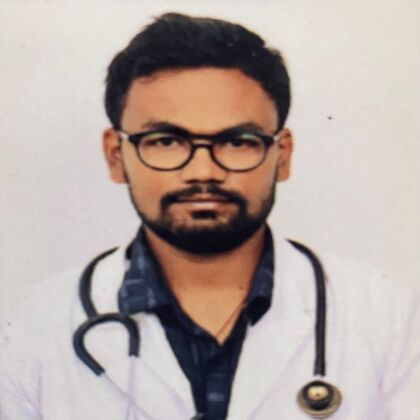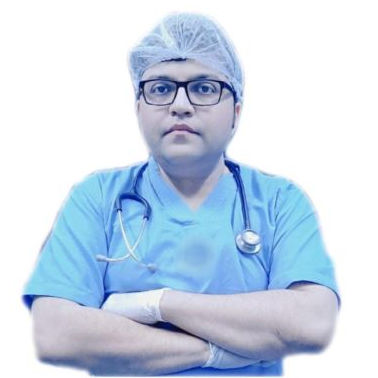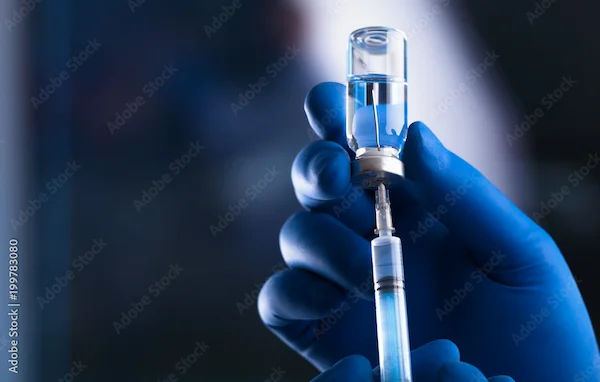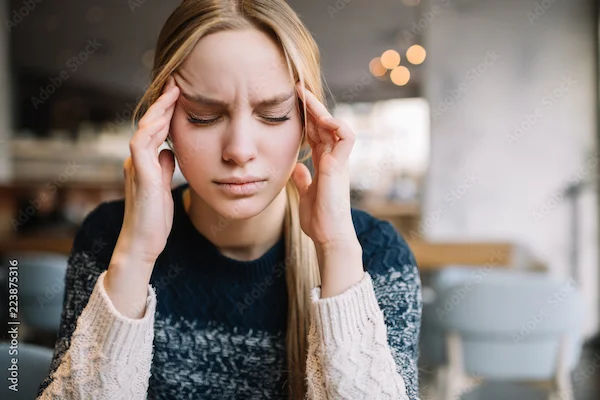Low Testosterone Symptoms and Treatment Information
Identify common low testosterone symptoms and explore treatment options. Learn how to manage low T levels safely with medical and lifestyle approaches.

Written by Dr. Vasanthasree Nair
Reviewed by Dr. D Bhanu Prakash MBBS, AFIH, Advanced certificate in critical care medicine, Fellowship in critical care medicine
Last updated on 13th Jan, 2026

Testosterone is a vital hormone in men (and present in smaller amounts in women) that plays a key role in muscle strength, bone density, sex drive, energy levels, and overall well-being. When testosterone levels drop below normal, it can lead to various health concerns. If you or a loved one is experiencing unexplained fatigue, low mood, or reduced sexual desire, low testosterone (also called low T or hypogonadism) might be the cause.
Let’s explore this condition in a simple, supportive way so you can take the right steps toward better health.
What Are the Symptoms of Low Testosterone?
Low testosterone can affect both physical and emotional health. Some common signs include:
1. Physical Symptoms
Low energy & constant fatigue: Feeling unusually tired even after proper rest.
Reduced muscle mass & strength: Difficulty building or maintaining muscles.
Increased body fat: Especially around the abdomen.
Hair loss: Thinning facial or body hair.
Erectile dysfunction (ED): Difficulty getting or maintaining an erection.
Reduced sex drive (low libido): Lack of interest in sexual activity.
Hot flashes & sweating: Similar to menopause symptoms in women.
2. Emotional & Mental Symptoms
Mood swings & irritability: Feeling unusually frustrated or down.
Depression or anxiety: Persistent sadness or lack of motivation.
Poor concentration & memory issues: Trouble focusing or remembering things.
3. Long-Term Health Effects
Weaker bones (osteoporosis): Increased risk of fractures.
Higher risk of heart disease & diabetes: Due to metabolic changes.
Lower fertility: Reduced sperm production.
If you notice these symptoms, it’s important to consult a doctor for proper diagnosis.
Consult Top Specialists
What Causes Low Testosterone?
Testosterone levels naturally decline with age (about 1% per year after 30), but other factors can speed up this drop:
Ageing: Most common cause.
Obesity: Excess fat lowers testosterone.
Chronic illnesses: Diabetes, liver/kidney disease, or HIV.
Hormonal disorders: Problems with the pituitary gland or testes.
Injuries or infections: Trauma to the testicles.
Medications: Opioids, steroids, or chemotherapy.
Poor sleep & high stress: Disrupts hormone production.
Alcohol & smoking: Can reduce testosterone levels.
A simple blood test can confirm if your testosterone is low.
Get Your Health Assessed
How Is Low Testosterone Treated?
If diagnosed, your doctor may recommend:
1. Testosterone Replacement Therapy (TRT)
Gels, patches, or injections: Help restore normal hormone levels.
Benefits: Improves energy, mood, muscle mass, and sexual function.
Risks: Possible side effects like acne, sleep apnea, or prostate issues (monitored by a doctor).
2. Lifestyle Changes
Small daily habits can naturally boost testosterone:
Exercise regularly: Strength training & cardio help.
Eat a balanced diet: Include zinc (nuts, seafood), vitamin D (sunlight, eggs), and healthy fats (avocados, olive oil).
Lose excess weight: Even a 5-10% reduction helps.
Reduce stress & sleep well: Aim for 7-8 hours nightly.
Limit alcohol & quit smoking: Both lower testosterone.
3. Alternative Treatments
Clomiphene (for fertility): Helps stimulate natural testosterone production.
DHEA supplements (only under doctor’s advice).
Note: Never self-medicate with testosterone supplements—always consult a doctor.
When Should You See a Doctor?
If you experience:
Persistent fatigue & low mood
Unexplained weight gain
Loss of sexual desire or ED
Muscle weakness
A doctor can perform a blood test and recommend the best treatment.
You can book a consultation or schedule a testosterone test easily through Apollo 24|7 for expert advice.
Conclusion
Low testosterone is a treatable condition. With the right diagnosis and care—whether through medical treatment or lifestyle adjustments—you can regain energy, strength, and overall well-being.
Ignoring symptoms can lead to long-term health risks, so don’t hesitate to seek help. Small changes today can make a big difference tomorrow!
Consult Top Specialists
Consult Top Specialists

Dr Vinay Kumar A V
Nephrologist
8 Years • MBBS, MD - General Medicine, DM - Nephrology
Bilaspur
Apollo Hospitals Seepat Road, Bilaspur

Dr. Hariprasath J
General Physician/ Internal Medicine Specialist
19 Years • MD (Gen Med), FCCP, Dip (Diabetology, UK)
Chennai
Apollo First Med Hospitals P H Road, Chennai
(225+ Patients)

Dr. Soumen Paul
General Physician/ Internal Medicine Specialist
24 Years • MBBS
Kolkata
MCR SUPER SPECIALITY POLY CLINIC & PATHOLOGY, Kolkata
(50+ Patients)

Dr. Naresh
General Physician/ Internal Medicine Specialist
5 Years • MBBS, MD (General Medicine)
Mahbubnagar
SIMS HOSPITAL, Mahbubnagar

Dr. Utsa Basu
Diabetologist
14 Years • MBBS , MD
Barasat
Diab-Eat-Ease, Barasat
(75+ Patients)





